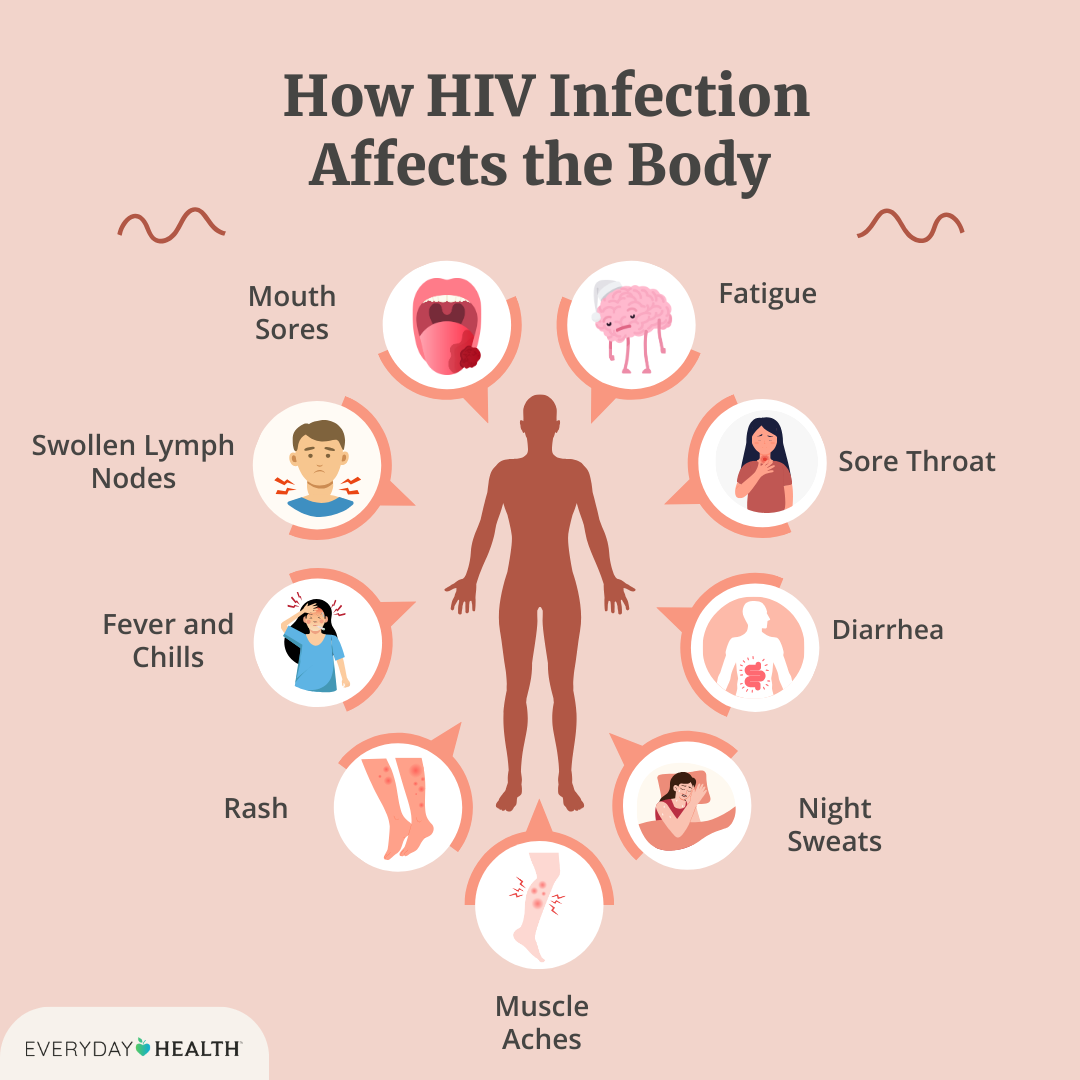A patient asks a nurse why a friend who is taking the same drug responds differently to that drug. The nurse knows that the most common variation in drug response is due to differences in each patient’s:
Psychosocial response
Drug receptor sites
Metabolism of drugs
Hypersensitivity potential
The Correct Answer is C
Choice A Reason:
Psychosocial factors, such as stress, beliefs, and expectations, can influence drug response to some extent. However, they are not the primary reason for the most common variations in drug response. These factors might affect how a patient perceives the effectiveness of a drug, but they do not significantly alter the pharmacokinetics or pharmacodynamics of the drug itself.
Choice B Reason:
Drug receptor sites can vary between individuals, affecting how well a drug binds and exerts its effect. While this can contribute to differences in drug response, it is not the most common cause. Variations in receptor sites are often due to genetic differences, which can influence the efficacy and potency of a drug.
Choice C Reason:
This is the correct answer. The metabolism of drugs is the most common cause of variation in drug response among individuals. Differences in metabolic rates can be attributed to genetic factors, age, liver function, and the presence of other medications. These factors affect how quickly a drug is broken down and eliminated from the body, leading to variations in drug levels and responses.
Choice D Reason:
Hypersensitivity potential refers to the likelihood of an individual having an allergic reaction to a drug. While this can cause significant differences in drug response, it is not the most common reason for variations. Hypersensitivity reactions are relatively rare compared to metabolic differences.
Nursing Test Bank
Naxlex Comprehensive Predictor Exams
Related Questions
Correct Answer is B
Explanation
Choice A: Convert Amino Acid to Glucose
The process of converting amino acids to glucose is known as gluconeogenesis. This metabolic pathway allows the body to produce glucose from non-carbohydrate sources, such as amino acids, during periods of fasting or intense exercise. While this process is crucial for maintaining blood glucose levels, it is not the definition of glycogenolysis.
Choice B: Break Down Glycogen to Glucose
Glycogenolysis is the biochemical process of breaking down glycogen into glucose. Glycogen, a stored form of glucose in the liver and muscle cells, is broken down to provide immediate energy and to maintain blood glucose levels during fasting or intense physical activity. This process is regulated by hormones such as glucagon and epinephrine, which activate enzymes that catalyze the breakdown of glycogen into glucose-1-phosphate and then into glucose-6-phosphate3. The glucose-6-phosphate can then be used in glycolysis to produce energy or released into the bloodstream to maintain blood glucose levels.
Choice C: Convert Glucose to Amino Acid
The conversion of glucose to amino acids is not a typical metabolic pathway. Instead, glucose is primarily used for energy production through glycolysis and the citric acid cycle. Amino acids are synthesized from intermediates of these pathways and other metabolic processes, but glucose itself is not directly converted into amino acids.
Choice D: Convert Fat to Amino Acid
The conversion of fats to amino acids is not a standard metabolic process. Fats are broken down into fatty acids and glycerol through lipolysis. Fatty acids can be further oxidized to produce energy, while glycerol can enter gluconeogenesis to produce glucose. Amino acids, on the other hand, are derived from dietary proteins or synthesized from other amino acids and metabolic intermediates.
Correct Answer is D
Explanation
Choice A Reason:
The prodromal stage refers to the period during which early symptoms of a disease appear but are not yet specific or severe. This stage is often associated with infectious diseases where initial symptoms like fever, malaise, and fatigue occur before more specific symptoms develop. In the context of HIV, the prodromal stage would not be applicable as it refers to the early symptomatic phase rather than a period without symptoms.
Choice B Reason:
Remission is a term used to describe a period during which the symptoms of a disease are reduced or disappear. This term is commonly used in the context of chronic diseases such as cancer or autoimmune disorders. For HIV, remission would imply a reduction in viral load and symptoms due to effective treatment, but it does not describe the asymptomatic phase following initial exposure.
Choice C Reason:
Exacerbation refers to the worsening or flare-up of symptoms in a chronic disease. This term is often used in conditions like asthma or multiple sclerosis where symptoms can become more severe periodically. In the context of HIV, exacerbation would describe periods where symptoms become more pronounced, not the asymptomatic phase after initial exposure.
Choice D Reason:
The latent stage, also known as the clinical latency stage or asymptomatic HIV infection, is the period after initial HIV exposure when the virus is present in the body but not causing any symptoms. During this stage, HIV continues to replicate at low levels, and the individual may not feel sick or show any signs of the disease. This stage can last for several years, especially with effective antiretroviral therapy.

Whether you are a student looking to ace your exams or a practicing nurse seeking to enhance your expertise , our nursing education contents will empower you with the confidence and competence to make a difference in the lives of patients and become a respected leader in the healthcare field.
Visit Naxlex, invest in your future and unlock endless possibilities with our unparalleled nursing education contents today
Report Wrong Answer on the Current Question
Do you disagree with the answer? If yes, what is your expected answer? Explain.
Kindly be descriptive with the issue you are facing.
